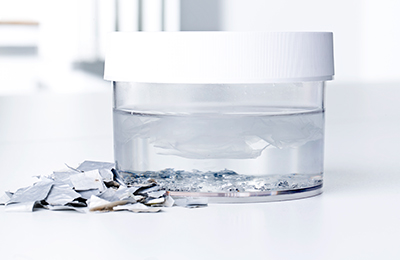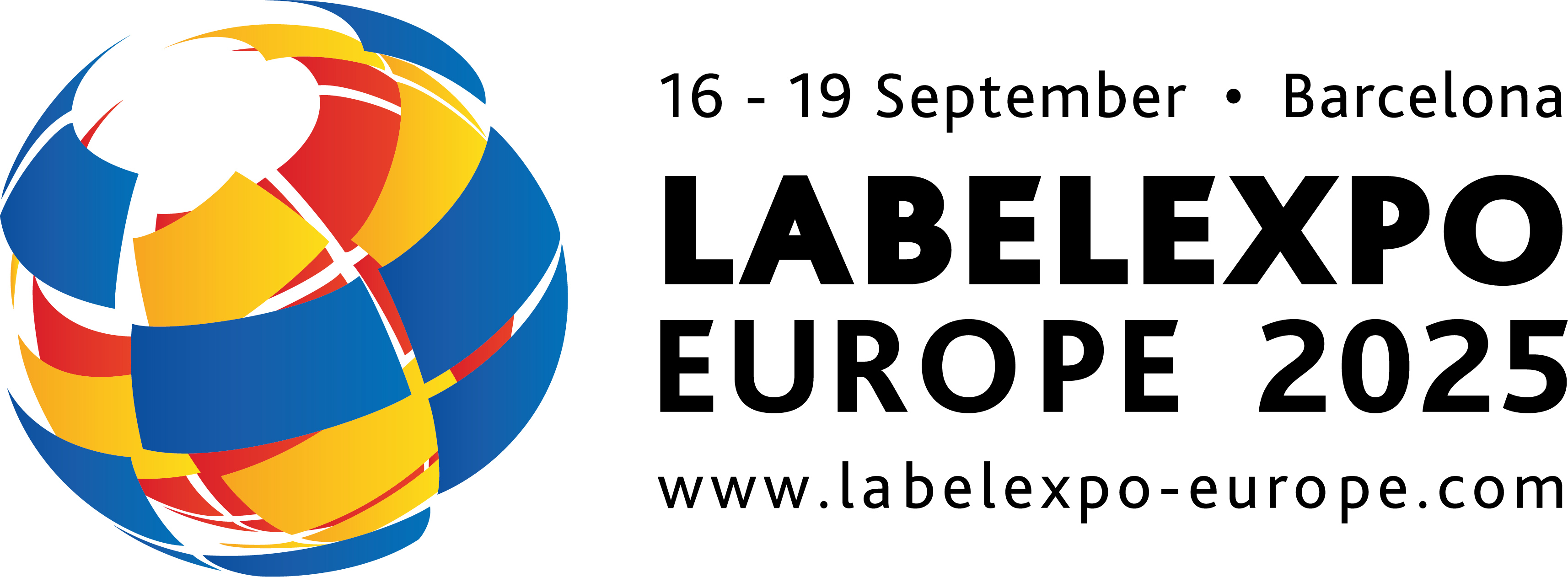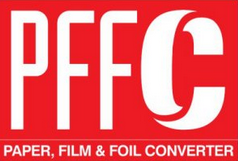Saperatec to Showcase Breakthrough Delamination Approach to Composite Packaging Recycling At K Fair in Düsseldorf
Saperatec GmbH, a developer of recycling processes for composite packaging comprised of various materials, will highlight a groundbreaking multi-layer delamination approach at the K Fair Trade Show, October 19-26 in Düsseldorf. Saperatec engineers will discuss the promising new technology’s virgin-similar recyclate results – and showcase prototypes – at Hall 9, Stand D17, a booth shared with prominent machinery manufacturer Pla.to GmbH.
Saperatec strives to find solutions to a mounting problem: of the more than 140 million tons of plastics packaging waste incinerated, landfilled or even leaking into our environment each year globally, a significant portion comprises composite packaging – that is, packaging consisting of a combination of materials. Such packaging has posed sizable obstacles to recycling efforts, as separating composite packaging into its various origin materials has been technologically challenging and, even when successful, unsustainable due to the need for non-ecofriendly chemicals.
At K Fair, Saperatec will present a groundbreaking, extended mechanical recycling process for thin-layer composite materials made of plastic, metal, paper and glass. The company is currently building its first recycling plant for composite packaging in Dessau, Germany. In 2023, the facility will commence commercial operations with an initial goal of processing about 18,000 tons of packaging waste per year.

Saperatec’s composite packaging recycling capabilities bring the potential to separate and reintegrate a wide variety of substrates into the packaging stream. For starters, Saperatec will focus on composite flexible packaging materials and tube packaging with aluminium foil barriers, as well as plastics and aluminium from beverage cartons. Beyond that, Saperatec‘s technology opens the door for future recyclability solutions in a wide range of composite packaging, as well as other materials combining plastics with metal, glass and paper. Outside the packaging realm, possibilities include vastly improved recycling for glass-polymer composites such as car glass, and for metal-polymer items like certain pipes and panels.
Importantly, Saperatec’s recycling process is sustainability-minded. The hot-wash separation fluids utilized are water-based and solvent-free, and are reused more than 30 times in the process. Any and all materials employed during packaging recycling are listed for food contact materials without specific migration limit, per European regulations.
Saperatec’s delamination technology has been extensively tested in both materials science labs and near-industrial pilot environments. The highly encouraging results are the impetus for the plant’s construction, as well as for significant investments from several leading venture capital investors.
“After years of extensive research and thorough testing, we are thrilled to be constructing our first industrial-scale recycling plant, which will commence operations next year,” said Thorsten Hornung, CEO of Saperatec GmbH. “Our goal is to have a true, lasting impact on the circularity of composite packaging materials, which have proven notoriously challenging to separate and repurpose.”
For more information, visit www.saperatec.de/en.






